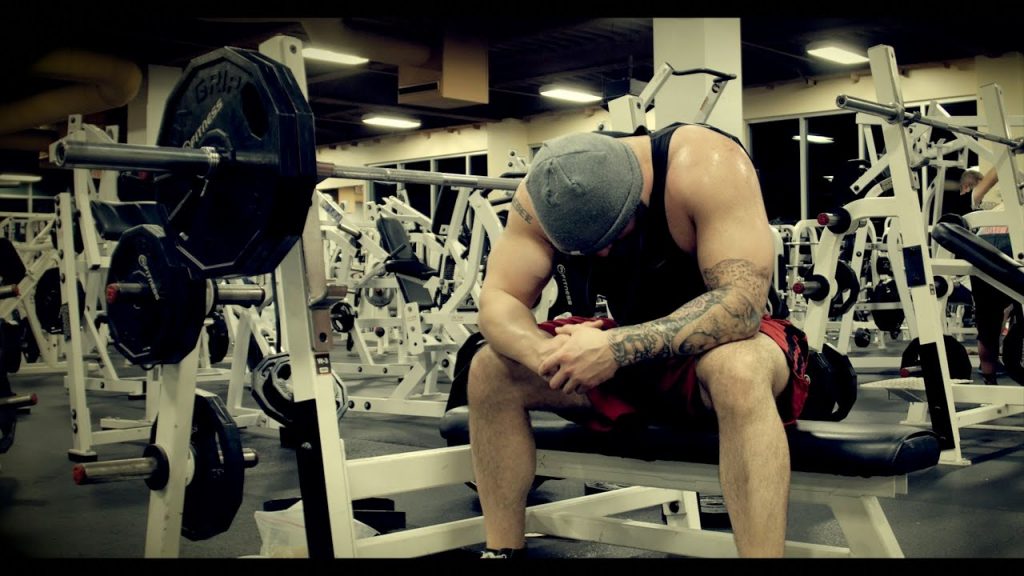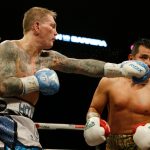“For me, a former world champion, to go to someone and say, ‘Listen, I’m crying every day. I don’t know what is up with me. What do I do?’ That took more courage than I ever showed in the boxing ring,” Ricky ‘The Hitman’ Hatton.
Mental Health is finally being seen as a major health problem in sports. However, most experts believe that even at this point, the treatment being offered to athletes is too little, too late.
But at lease mental health of amateur or professional athletes is finally being talked about and getting the attention it deserves. Thanks to athletes like Michael Phelps, Mardy Fish, Rick Ankiel, and more.
When it comes to combat sports like MMA and boxing, the stakes are even higher, since combat sports are high risk games by default. Just recently, the rising star of USA Judo, Jack Hatton 24, who was expected to bring home the gold from the 2020 Tokyo Olympics, passed away.
What caused his untimely death is still undetermined. According to his close friend Tony Sangimino, Hatton may have struggled with depression after putting up with years of financial issues. Even though Hatton was now financially stable—being one of only five judoka to qualify for a stipend from USA Judo.
According to Hatton’s coach, Pedro the fighter suffered a number of concussions between the age 21 and 22 and went through concussion protocols after every incident.
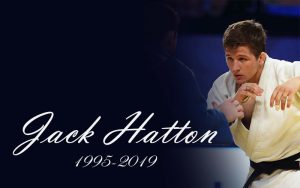
Whether CTE played a role in Hatton’s death or not, its high time people realize that elite athletes are as vulnerable to depression as anyone else. It is high time to rip off the mask of false bravado expected from athletes and acknowledge mental health as the Achilles heels of any sports star.
Last year, Michael Phelps blew the stigma off mental illness by publicly discussing his fight with depression. Phelps revealed how he would slip into a major depressive episode after each Olympic victory during autumn and winter. With each Olympic these episodes became worse and worse till Phelps finally found help in 2014. A year later, after seeking treatment, Phelps says, “I am extremely thankful that I did not take my life.”
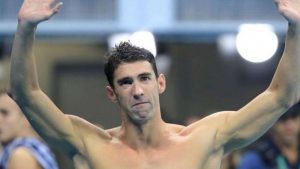
Another athlete, a little closer to home is MMA fighters, Jeremy Stephens. Last year after losing to Jose Aldo, Jeremy went public with his struggles with depression and acknowledged seeking professional help for it. Regarding the treatment he received for this illness, he adds “It’s helped my training, it’s affected my relationships and opened me up to a whole new world.”
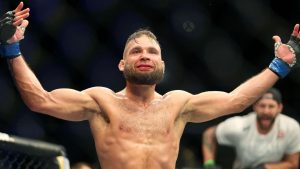
In the UK alone, suicide is the biggest killer of men under the age of 45. In a male-dominated sport like boxing and MMA, that is an alarming statistic. This may be because men are far less likely to discuss mental health issues. In boxing, and sport in general, this problem is amplified since athletes are celebrated as super humans by their fans.
Although, even now research into combat sports and mental illness is scarce, a survey conducted by NFL of almost 2,500 retired athletes revealed that those who had suffered at least three concussions during their careers had triple the risk of clinical depression than those who had no concussions.
However, considering the stigma attached with mental illnesses, most athletes involved in combat sports may not be willing to admit their struggles. Especially when it comes to professional sports, with contracts at stake, rivals looking for an edge and fans belittling players every time they go down. Maybe this is why, the majority of athletes who have admitted to their battles with mental illness are those who have retired, or when things spiraled out of control.
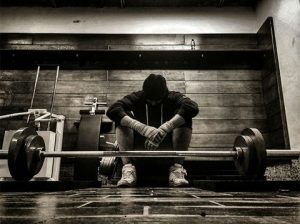
It is tragic that unlike Phelps and Stephens, Hatton’s journey ended before he could find treatment for this mental issues. Although he had not confided in friends, family, or coaches about his struggles with depression. His coach revealed that “He was in position to go to the Games, a dream of his. He seemed happy, with no signs of depression. But one of the last searches on his phone was looking for mental health [assistance]. He was seeking help. We just had no idea.”
Athletes of combat sports have much to be thankful for to the likes of Tyson Fury, Frank Bruno and Ricky Hatton who bravely took the lead in acknowledging their own experiences of dealing with mental issues and depression.
Photo credit: Google images

